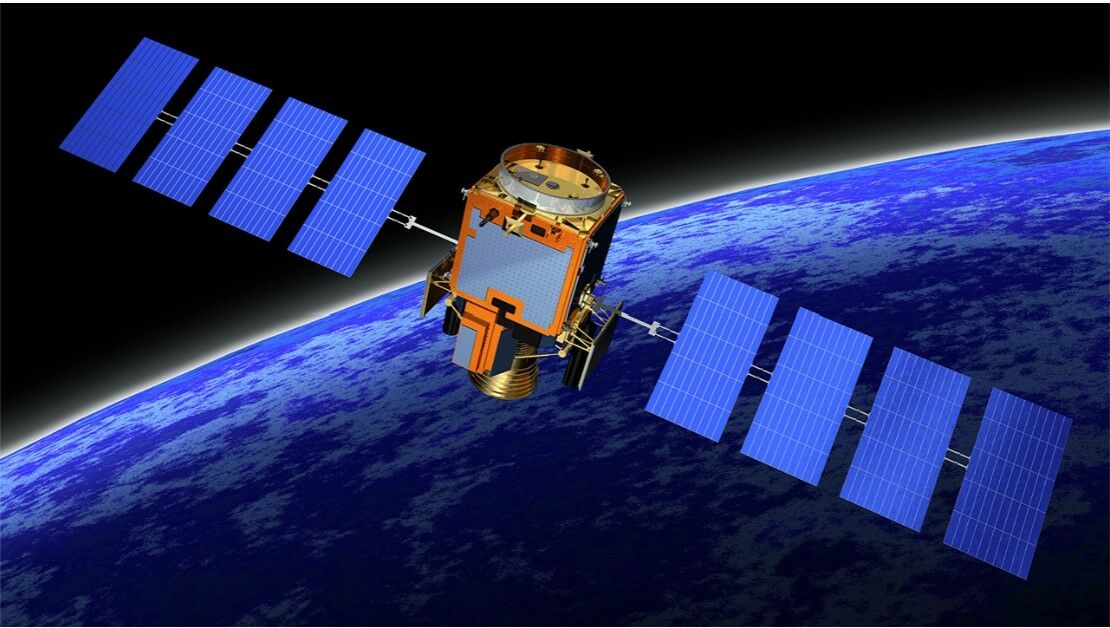Thailand hopes to launch NARIT Cube-1 satellite into space by 2024

Dr Saran Posayajinda, Director of the National Astronomical Research Institute (NARIT), revealed that this year Thailand will build a world-class astronomical infrastructure, the NARIT Cube-1 satellite.
A new radio telescope for research in radio astronomy, the Vigos model (VGOS), with a diameter of 13 metres, in Chiang Mai and Songkhla provinces, will connect to networks with other countries. The launch of a stargazing mobile application created by Thai people named NAPA from planetarium software is being prepared.
NARIT Director Dr Saran explained further that a Thai-made satellite, NARIT Cube-1 is expected to be launched into space within the year. The Thai Space Consortium (TSC-1) with Payload, a scientific research satellite under the Thai Space Cooperation Partnership will be unveiled. The Sirindhorn Astronomical Park, Mae Rim District, Chiang Mai Province, is also working hand in hand with China, progressing with the lunar exploration project with the Chang’e 7 mission, with plans to send it to explore the moon by 2026.
Importantly, NARIT will reveal an innovation: a telescope base to track celestial objects with high precision. To obtain accurate, continuous, and complete information for astronomy research studies, research will be conducted to solve issues on a national level, reported Thairath.
PM2.5 dust source research study along with Thailand Dark Sky Conservation Area in Thailand invites registration as a dark sky conservation area which would boost the trend of astronomical tourism, Dr Saran said.
“As for important astronomical phenomena, there will be a full moon farthest from Earth on February 24, and the closest full moon of the year on October 17.
“Saturn is closest to Earth on September 8, and Jupiter is closest in the year on December 8.”
In related news, a Thai student selected by Japan for a space science event missed the opportunity due to the Thai government‘s inability to fund the airfare. The Japanese programme, known as JAXA Asian Try Zero G, has conducted similar space science events for several years, inviting young students from ASEAN countries to compete in space experiments.
Latest Thailand News
Follow The Thaiger on Google News:


























